
Hangzhou
Living Here
Hangzhou is renowned an idyllic Chinese city. The West Lake is located just next to the old city center, if you live nearby, feel free to jog alongside the lake bank and enjoy the coffee in Nanshan Road or Longjing Tea in Meijiawu Tea Village, for a change of pace from the cosmopolitan lifestyle within the city.
From clothes to food, buying things that are produced more locally could actually turn out to be quite a bargain. If you’re at a fabric or farmers market, it’s also common to haggle for lower prices.
If you’re used to brand-name goods however, be prepared to pay high import taxes. You may also be hard pressed to find reasonable prices when it comes to items like avocados and cherries, which seem to be rarer in China.
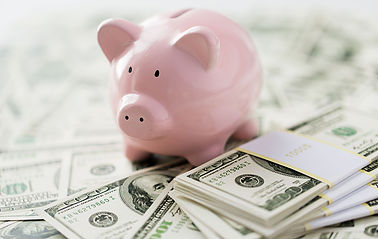
Cost of living in Hangzhou
The cost of living in Hangzhou, while relatively a bit higher than some of the less developed cities in China, most people coming from a Western city will consider it to be extremely affordable, if not quite cheap.
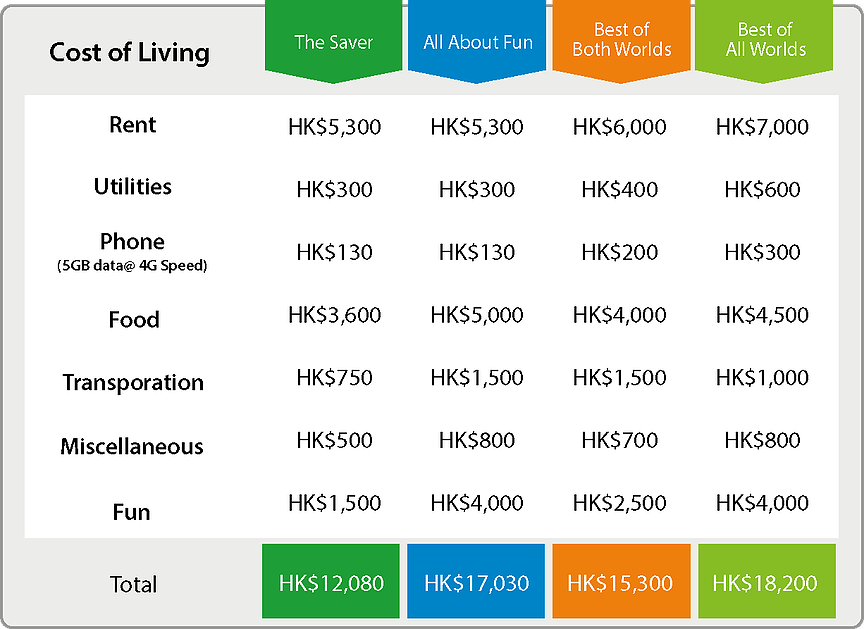
Accommodation Cost
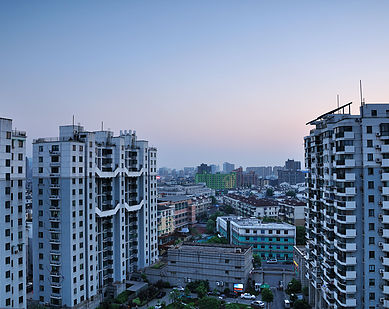
Hangzhou is an enchanting city and can be cheap compared to come other big cities in China. Rent can be around 4000 RMB per month if you rent alone but you can keep the cost of rent down by sharing with others. Electricity and utilities are known to be cheaper in Hangzhou, too.
Transportation
Hangzhou is so easily accessible that many people do like to take the plunge and visit the megacity, only an hour or so away. Transport links are plentiful an easy to use, many people who do ‘t live in Hangzhou are often visiting, purely to see the captivating West Lake.
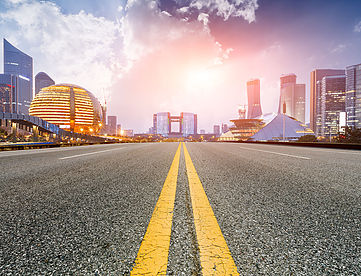
Highway and Trains
By car, Shanghai is only a 50-minute drive from Hangzhou and around 6 and a half hours to reach Beijing. Trains are another common mode of transport to get around, Hangzhou’s East Railway Station being one of the biggest train hubs in the whole of China, making it easy to get out of the city and explore the rest of China.
Subway
Conveniently having access to 4G on all its subway trains, Hangzhou sets the bar for modern travel in China. There are currently 3 different lines in use in the city, with another 10 approved at the end of 2016 and being planned imminently.
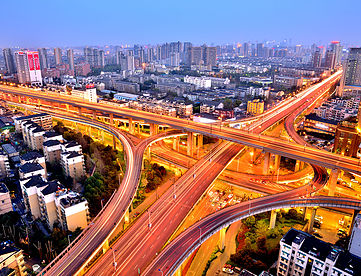
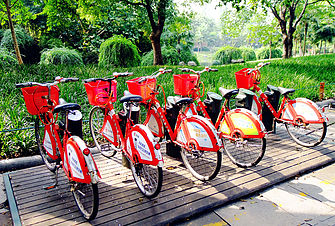
Public Bicycle
Cycling is huge in Hangzhou and the cycling service offered over there is considered one of the top 8 in the world. The city has over 2’000 bike-renting outlets and over 50’000 bikes available to the public.
Water Bus
One of the more unique modes of transport used in Hangzhou is the water bus. Within the city they offer 5 different routes throughout the canals, managing to avoid the traffic which can be a common problem when taking the roads; so not only is it a fun experience but also very convenient.
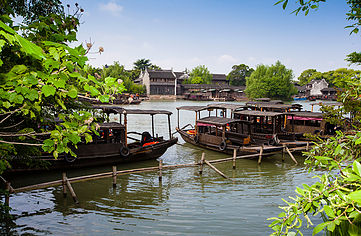
Food
Of the eight different cuisine styles, Hangzhou offers Zhejiang Cuisine which is characterized by its sweet fresh flavors. Much of the inspiration for dishes made in Hangzhou comes from West Lake, including ingredients like West Lake water shield and lotus root.
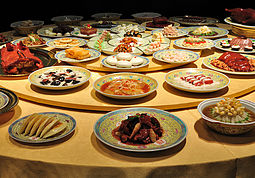
Dong Po Pork
Synonymous with the calligrapher and writer Su Dongpo, who became governor of Hangzhou, this succulent pork dish is a favorite within the city. The cubed pork is slow cooked with spring onions, ginger, vinegar and sugar, until a deep red and melt-in-the-mouth.
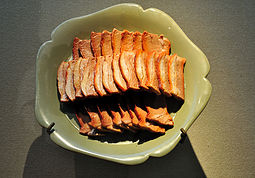
Hangzhou Soy-sauce Duck
This dish is commonly eaten during the spring Festival and is often served cold. The duck can be a labour of love as it needs to go through three different processes to get retain flavor and preserve the tenderness of the dish. It needs to be marinated for 72 hours in soy and honey, then it’s seared on a hot fire and lastly, simmered with shallots, star anise, cinnamon and soy sauce to give it its distinctive aromatic, sweet/salty flavor.
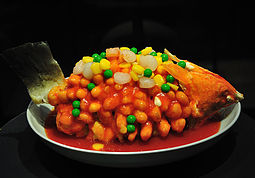
West Lake Carp in Sweet and Sour Sauce
In Chinese culture, carp is regarded as a lucky fish which makes this dish particularly special. It is a must-try dish in Hangzhou and has a deep-rooted grounding in the local folklore too.






